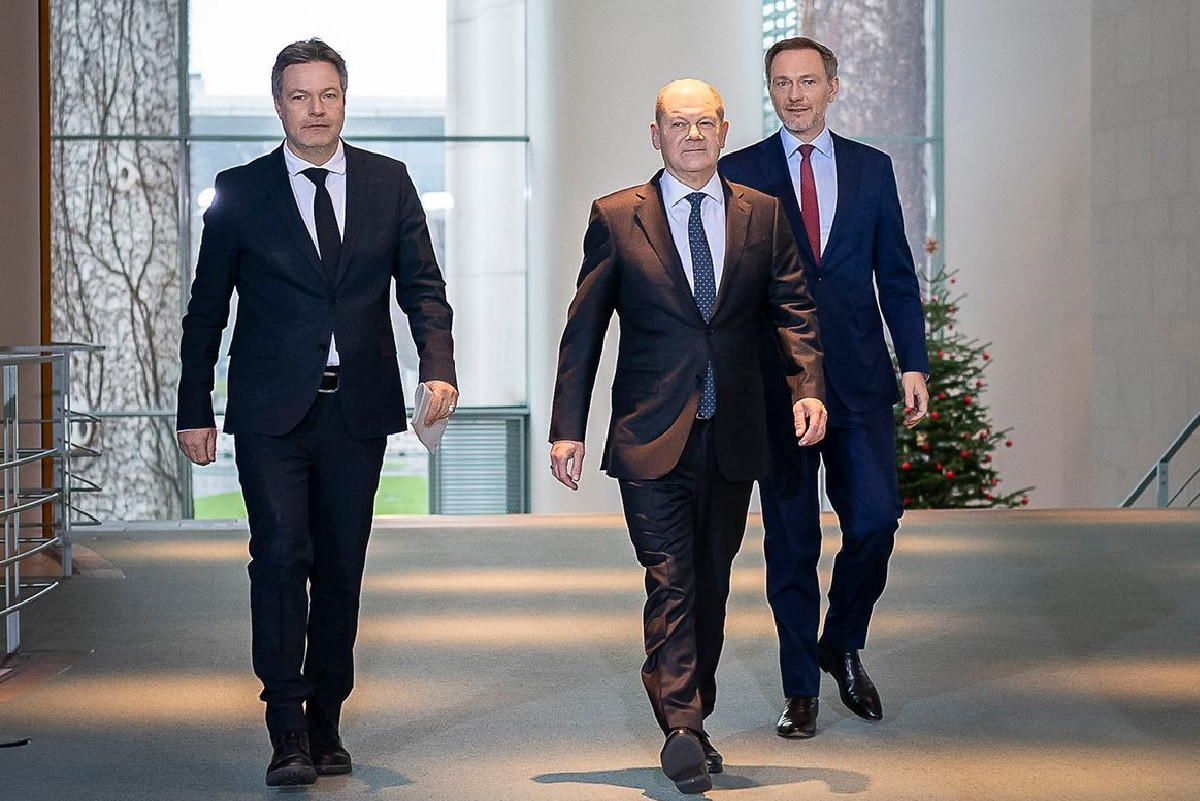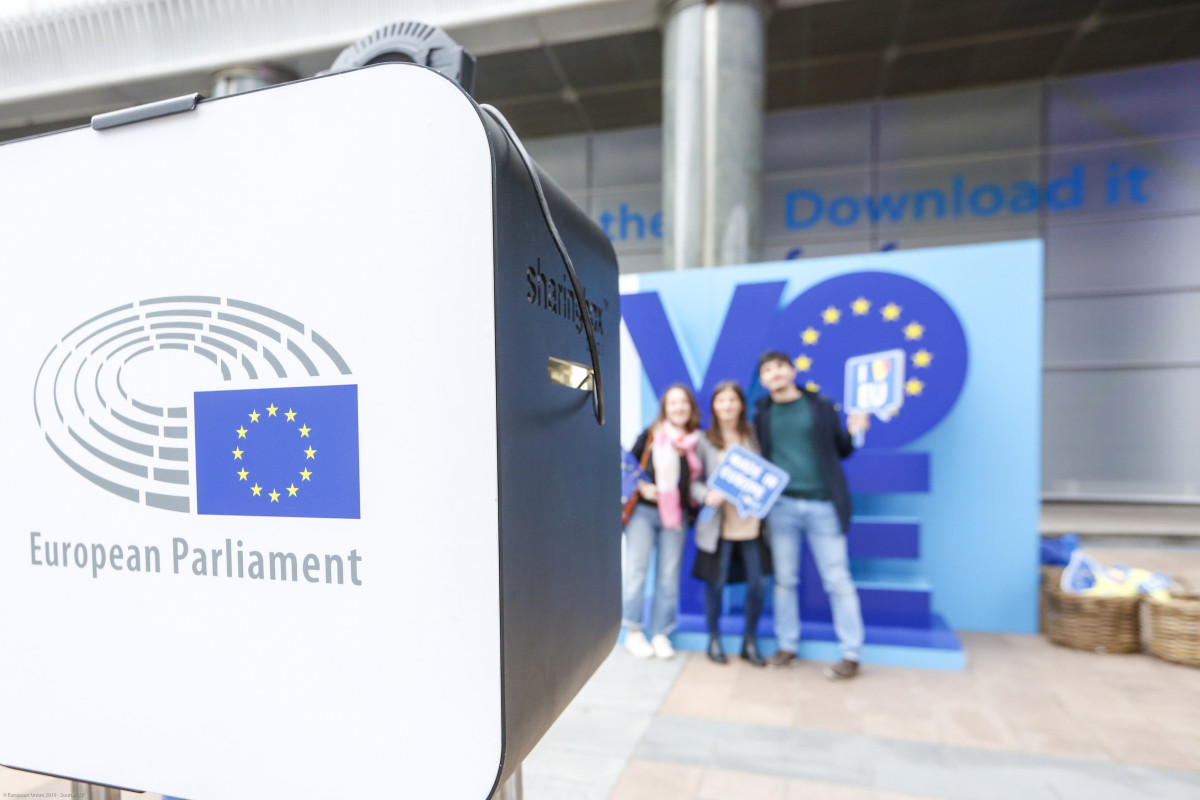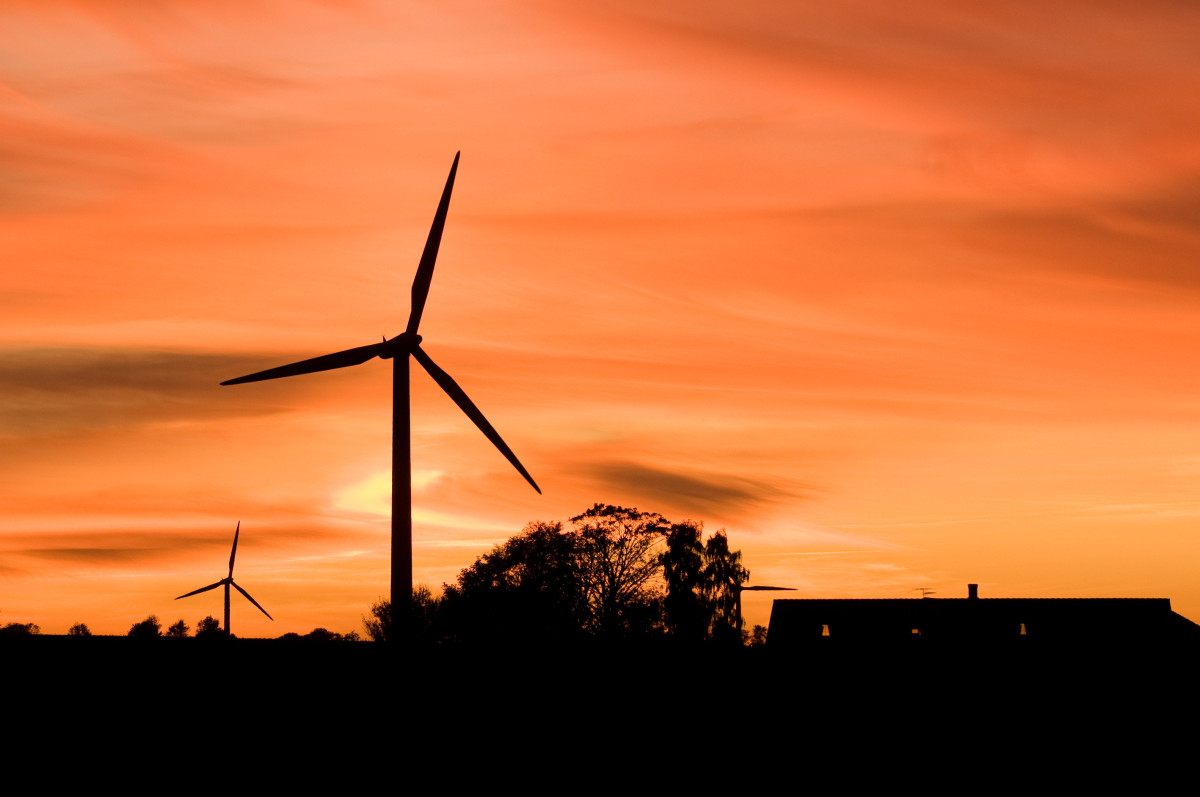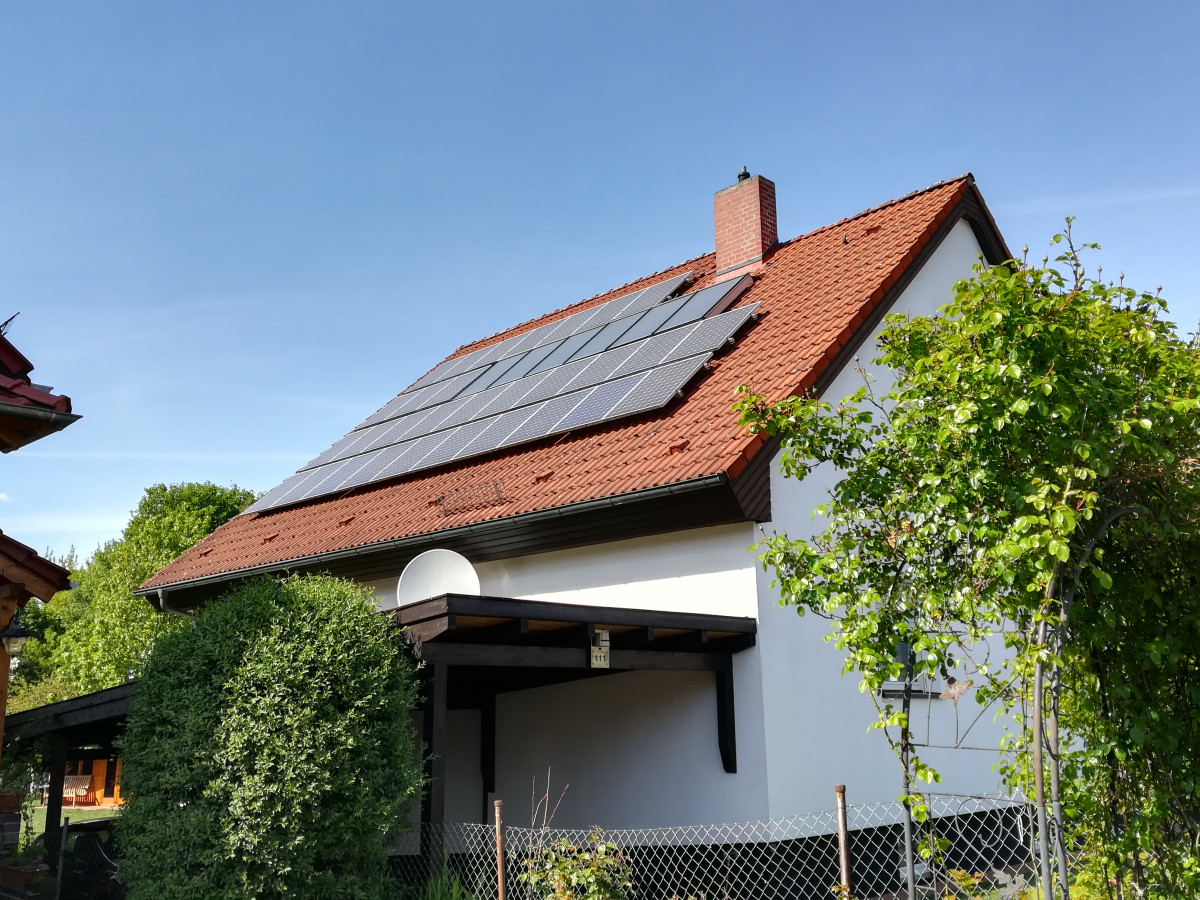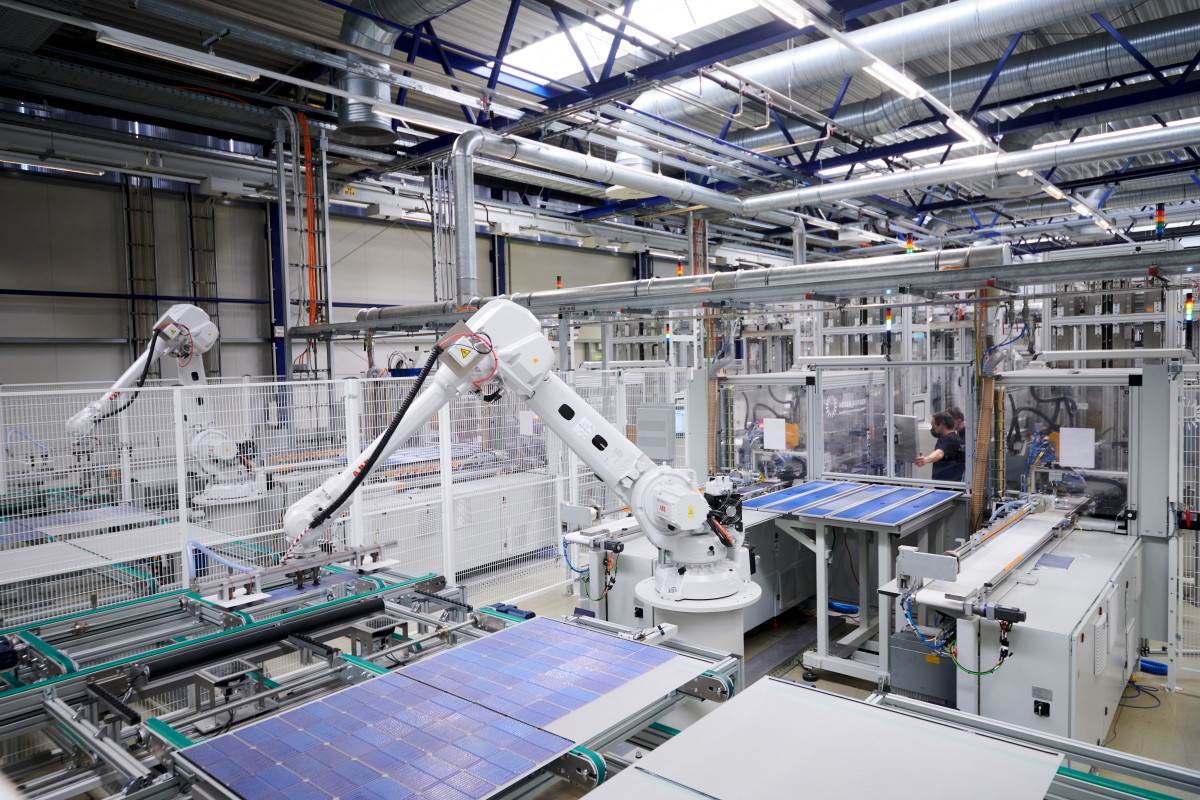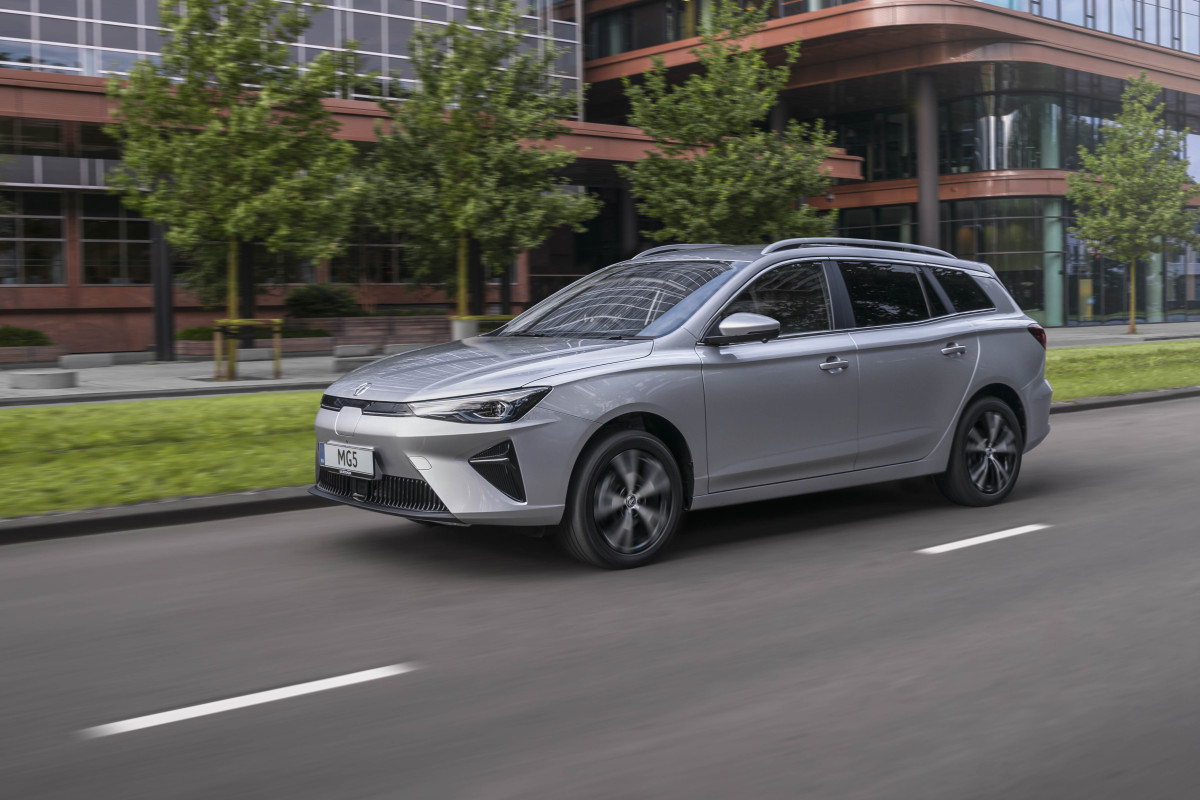Preview 2024: Germany enters EU election year with heavy climate policy baggage
- Contents
- CLEW Preview: Cash-strapped German government faces uphill climate action battle in 2024
- Preview 2024: Elections to shape future of European Green Deal
- INTERVIEWS
- Germany must incentivise flexible electricity consumption – consultancy
- Luring green industry to EU without increasing costs a key challenge – Franco-German office
- Next EU Commission must start Fit-for-90 package talks to pave way to climate neutrality - BEE
- Germany must act swiftly if electric car sales are off track – think tank
- Climate action funding must be ever more carefully targeted during budget crisis – economist
- Government must prioritise in budget, tackle fossil fuel taxes – energy analyst
- Building renovations key to meeting climate targets – think tank
CLEW Preview: Cash-strapped German government faces uphill climate action battle in 2024
The German government has to fund a wide range of its ambitious climate and energy transition projects for 2024 with considerably less money than initially planned. A ruling by the country's highest court on the constitutionally enshrined limit to new debt pushed the coalition of chancellor Olaf Scholz to introduce cuts in many areas and raise the national CO2 price and other levies during an economic slowdown and in a year marked by several important elections in Germany and across the EU. Against the backdrop of geopolitical tensions and a domestic surge in far-right populism, the government coalition faces an uphill battle in the new year to achieve its goals - while a record output in renewable power and historically low levels in coal production offer hope that faster progress is possible.
This preview looks at key expected events and developments across different sectors relevant to Germany's energy transition and how these relate to climate and energy policy in Europe and beyond. Read the preview here.
Preview 2024: Elections to shape future of European Green Deal
Voters in the EU will head to the polls in June 2024 to elect the next European Parliament, kicking off a months-long process to pick the bloc’s new leadership that will shape climate policy until the end of the decade. It will face the difficult task of designing the follow-up to the Green Deal – Europe’s strategy to become the first climate-neutral continent by 2050. Policymakers say the EU must focus on implementation, but also ensure its place in the world as a climate and technology leader, even as increasing worries of losing out in the transition causes pushback against ambitious climate policy. The political landscape is set to change as far-right parties are projected to make significant gains in many countries. However, the example of Poland points in a different direction, where a new pro-European government promised to put forth an ambitious energy transition programme soon. Read the preview here.
INTERVIEWS
Climate adaptation must shift from strategy to action, social justice key – think tank
Germany made dealing with the consequences of climate change more binding in 2023, and it must now use this momentum to step up implementation, says Christian Kind, adaptation head of programme at think tank adelphi. Spreading the costs in a socially just way should be a priority, Kind told Clean Energy Wire. Policymakers throughout Europe need to ensure that standards determining how homes or cities are built or maintained account for a changing climate and minimise the impacts of wildfires, droughts and heatwaves. Read the interview here.
Germany must incentivise flexible electricity consumption – consultancy
As Germany strives for a renewable-driven power sector, regulators should enable a more flexible electricity demand, says Nicolas Leicht, energy market expert at Aurora Energy Research. Incentives such as locational price signals, as well as the rollout of smart meters and the expansion of distribution grids, should gain priority in the new year, Leicht told Clean Energy Wire, but warned that the fallout of Germany's budget crisis would have a widespread impact on decarbonisation efforts in the power sector. Read the interview here.
Luring green industry to EU without increasing costs a key challenge – Franco-German office
Preparing a fast expansion of renewable power will be a key challenge for governments across Europe in 2024, says Sarah Jilibert-Schabram of the Franco-German Office for the Energy Transition (DFBEW). France and Germany both have stated their support for producing more installations in Europe, which comes with the challenge of ensuring that the rollout of wind and solar power is not slowed down or becomes much more expensive, she warns. Read the interview here.
Next EU Commission must start Fit-for-90 package talks to pave way to climate neutrality - BEE
Europe has no time to lose in formulating its renewed emissions reduction ambitions after the results of next June’s European Parliament elections become known, says Simone Peter from the German Renewable Energy Federation. A “Fit-for-90” package must spell out how hurdles on the way to climate neutrality can be removed – and Germany should start by paving the way for a fast renewable power rollout in 2024, she argues. Read the interview here.
Germany must act swiftly if electric car sales are off track – think tank
The German government must be on guard in 2024 to ensure it can meet its increasingly distant target of having 15 million electric cars on the road by 2030, says Wiebke Zimmer, deputy executive director of clean mobility think tank Agora Verkehrswende. Measures such as ending tax rebates on diesel fuel could help the climate as well as the tight budget, Zimmer told Clean Energy Wire in this interview, adding that the social aspects of the shift to clean mobility will be a focus at the EU level in the new year. Read the interview here.
Climate action funding must be ever more carefully targeted during budget crisis – economist
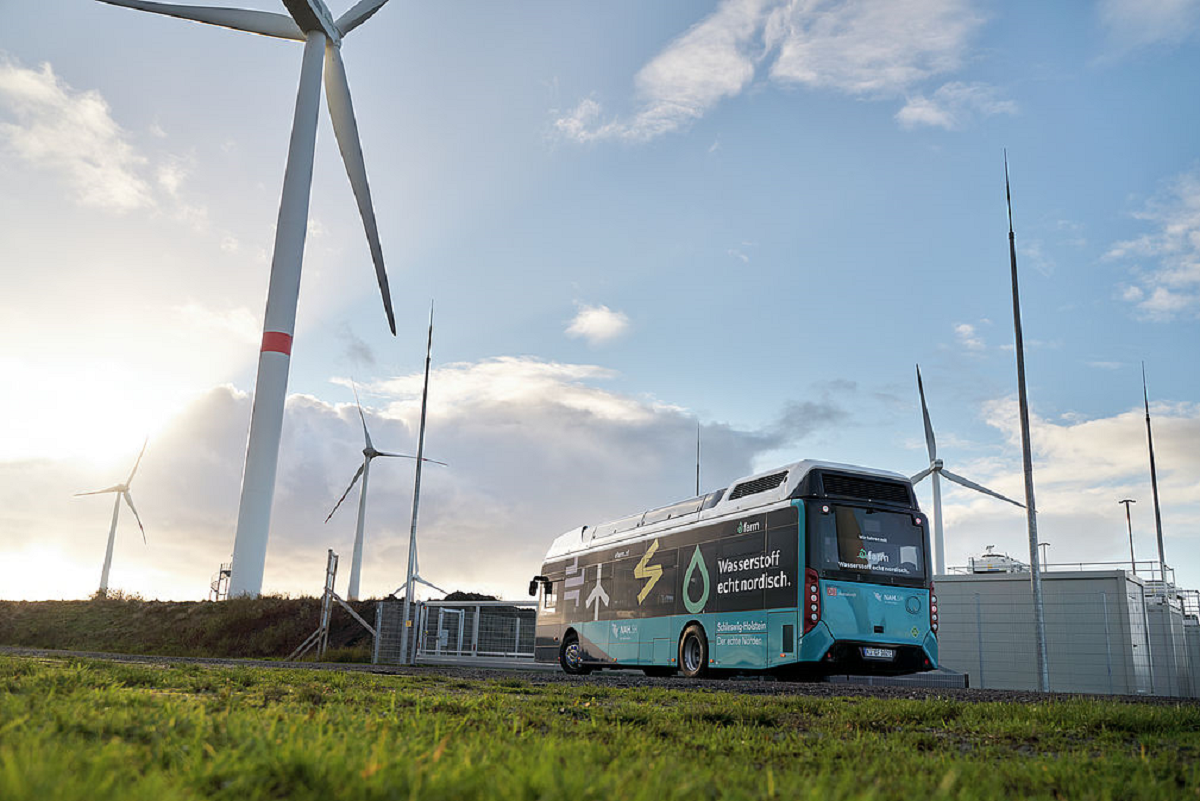
Money that Germany has earmarked for climate action should be spent on projects that have a direct impact on key sectors, says Claudia Kemfert from the German Institute for Economic Research (DIW). The economist warns against cross-financing a variety of industry support measures during the budget crisis and argues that ongoing investments in fossil heating could lead to stranded investments across Europe. Read the interview here.
Government must prioritise in budget, tackle fossil fuel taxes – energy analyst
The German government must stop relying too much on giving out subsidies for climate action from 2024, and instead tackle the country’s system of fossil fuel taxes, says energy analyst Andreas Schröder from commodity intelligence service ICIS. Programmes such as electricity price rebates for industry or state support for new chip manufacturers to set up factories in Germany are just too costly, and appropriately taxing fossil fuel use or electricity a better way to reach the same goals, he argues. At the EU level, the elections in June look set to bring a shift towards right-wing parties, which could make ambitious climate policy more difficult in the coming years, says Schröder. Read the interview here.
Building renovations key to meeting climate targets – think tank
Maximising the use and potential of the existing building stock are key levers to respond to Germany's housing shortage and drive forth the decarbonisation of the buildings sector, say Sibyl Steuwer and Lisa Graaf from think tank Buildings Performance Institute Europe (BPIE). Hurdles in the way of energy renovations should be removed, and stakeholders in the sector must be given long-term planning security, they told Clean Energy Wire. Positive narratives will be essential to secure support for the energy transition in the building sector, and measures should ensure that vulnerable households benefit most from available support. Read the interview here.

